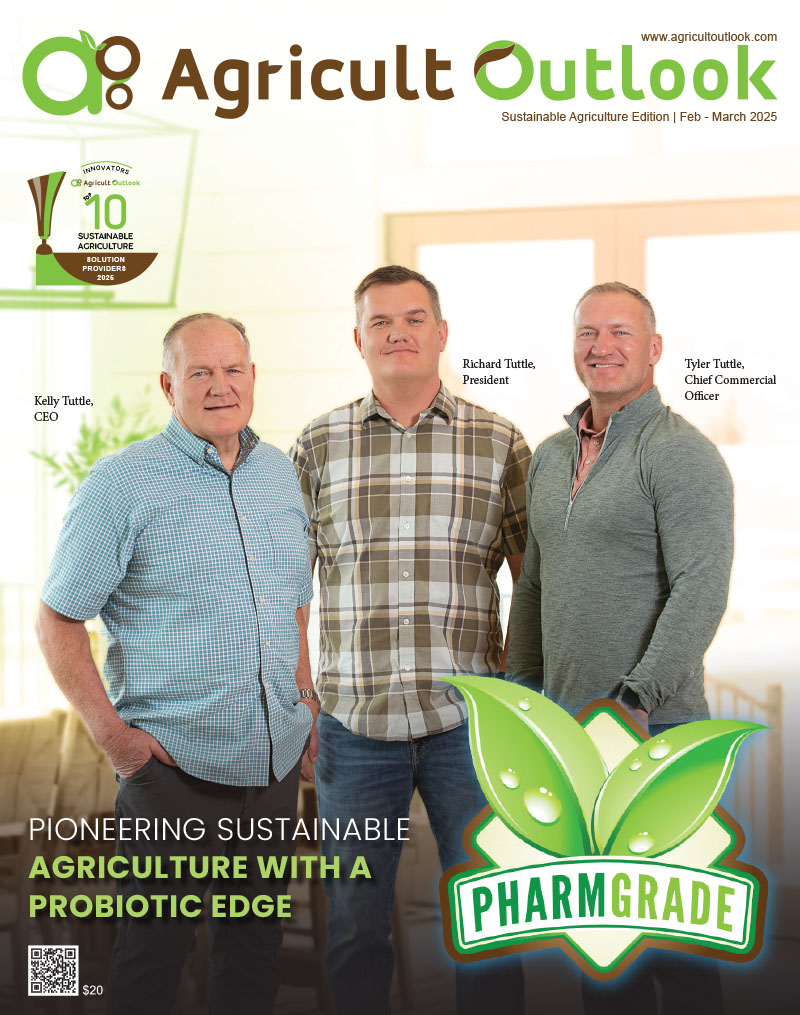The global coffee industry is currently valued at approximately $480 billion USD and is expected to reach a market revenue of roughly $680 billion USD by 2030. However as customers are increasingly prioritizing eco-friendly products and practices, this industry stands at a critical juncture as it faces mounting concerns over ethical coffee production and environmental sustainability.
Recent regulations like the European Union’s Deforestation Regulation (EUDR) add further fuel to the fire by mandating that all coffee entering the EU must be deforestation-free and compliant with strict environmental guidelines and labor laws. While the aim of this regulation is to promote sustainability, there is no denying that it places a significant burden on smallholder farmers who for decades have lacked the support of the EU operators in the value chain now demanding to receive traceable, compliant data.
This fast-changing and complex environment urgently demands collaborative strategies that can support smallholder farmers to meet regulatory requirements while safeguarding their livelihoods. In this context, new technologies such as blockchain, artificial intelligence (AI), and the Internet of Things (IoT) present compelling solutions for addressing these challenges, thereby bridging the gap between regulatory compliance and sustainable, productive agricultural practices.
Regulatory Compliance and Smallholder Challenges
Despite being the backbone of the global coffee industry, smallholder growers are finding it challenging to comply with the strict regulations being put in place by the European Union’s Regulation on Deforestation-Free Products (EUDR). To comply with these regulations, many of these smallholder farmers are now required to provide transparent and verifiable records of their coffee production process in addition to making sure that their methods are environmentally friendly and sustainable. However, the reality for such small-scale producers is that they often operate in remote regions with limited infrastructure, lack of technical support, minimal access to modern tools, along with a lack of overall awareness and education. This leaves them vulnerable as they struggle to gather data to meet the strict regulations imposed by the EUDR.
Adding to the complexity, these farmers typically work within fragmented supply chains, where coffee passes through multiple intermediaries before reaching its final destination. Each stage of the supply chain – from cultivation to processing, distribution, and export – holds the risk of data gaps and loss of traceability. In addition, they also lack visibility beyond their immediate network, making it difficult for them to ensure that the entire coffee supply chain remains compliant. This not only poses a significant barrier to market access but also threatens the livelihoods of millions of farmers who depend on the international coffee trade.
Moreover, the costs associated with achieving the proposed compliance are also a prohibitive factor. Smallholder farmers usually struggle due to limited financial resources that limit their ability to invest in new technologies and place investment in tracking systems and certifications out of their reach. The complexity of navigating regulatory frameworks and documenting compliance to environmental standards further amplifies their burden, often leaving them unable to compete with large producers with greater means to meet compliance requirements. This creates an uneven playing field, where smaller, often more vulnerable producers are put at risk of exclusion from key markets. It is therefore necessary to address these challenges through means that are not only technologically innovative but also accessible, affordable, and tailored to the unique needs of smallholder farmers and origin operators.
Traceability can only be achieved, if all stakeholders participate in the digital journey. The focus of implementing new technology must therefore be a value adding user experience for farmers, middle men, processors and traders. Unless the origin operators perceive added value while using new technology, the adoption rate of such application will not reach the critical mass our global community must reach to secure the lives and production capacity of 500MM smallholder farmers worldwide.
The imminent focus is to comply with new regulations. The digital infrastructure needed will furthermore allow us to educate farmers to improve and streamline production and enable participation in new market opportunities.
Harnessing the Power of Emerging Technologies
Emerging technologies can present a promising solution for overcoming the challenges being faced by farmers today. By integrating blockchain, AI and intuitive, easy to use farmer facing applications, the coffee industry can collectively ensure greater transparency, optimize farming practices and collect data that is reliable, traceable and compliant.
Blockchain technology can play a critical role in ensuring supply chain traceability. By maintaining a log of tamper-proof, immutable records that document each step of the coffee production and distribution process, blockchain technology allows producers, buyers, cooperatives and governments to verify compliance with local laws, standards and regulations. The transparency and immutability offered by the technology not only ensures product authenticity and compliance but also allows farmers access to international markets. In addition to this, IoT devices can also aid in enhancing the traceability of coffee production by collecting real-time data from the fields. Once this data is analyzed with the help of AI models, it can provide actionable insights to improve yields, conserve resources and reduce operational costs.
Collaboration within the industry is essential to ensure that smallholder farmers gain access to the tools and knowledge essential to ensure regulatory compliance. This will not only aid in creating a supportive ecosystem that empowers farmers to thrive but also enable them to meet evolving regulatory requirements.
A Future Brewed Sustainably
The combination of blockchain, AI, and intuitive, easy-to-use technologies presents a unique opportunity for sustainable, transparent, and compliant coffee production. By adopting these innovations, the coffee industry can enable smallholder farmers to navigate regulatory hurdles, access global markets, and play their part in creating a fairer and more environmentally responsible international supply chain.
As we strive for a future where each cup of coffee benefits both planet and people, the significance of technology in bringing about a positive change cannot be emphasized enough.







